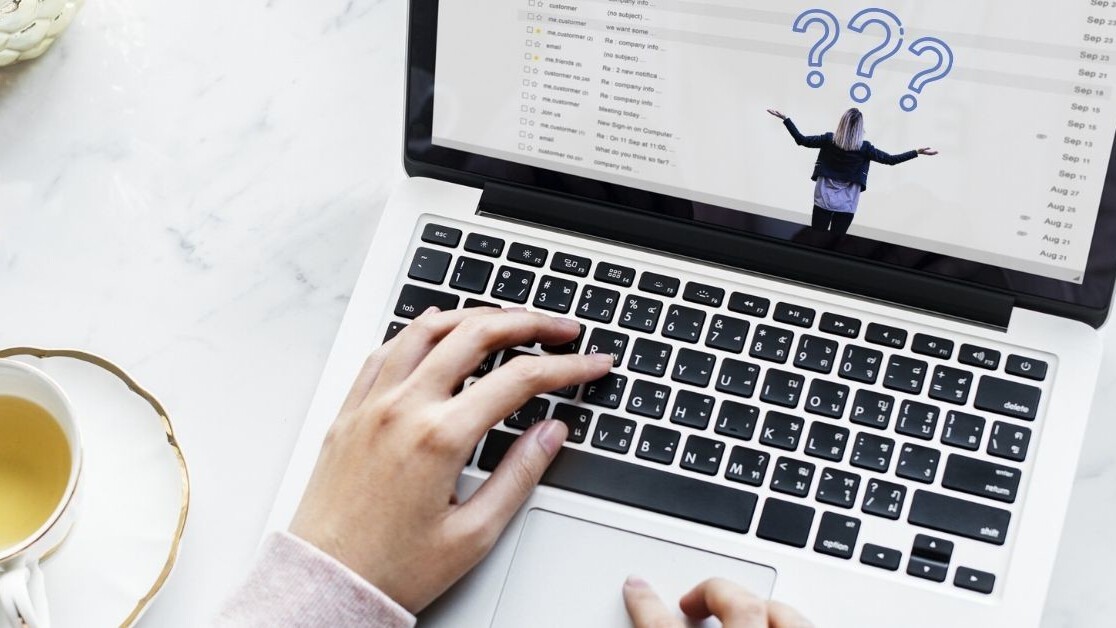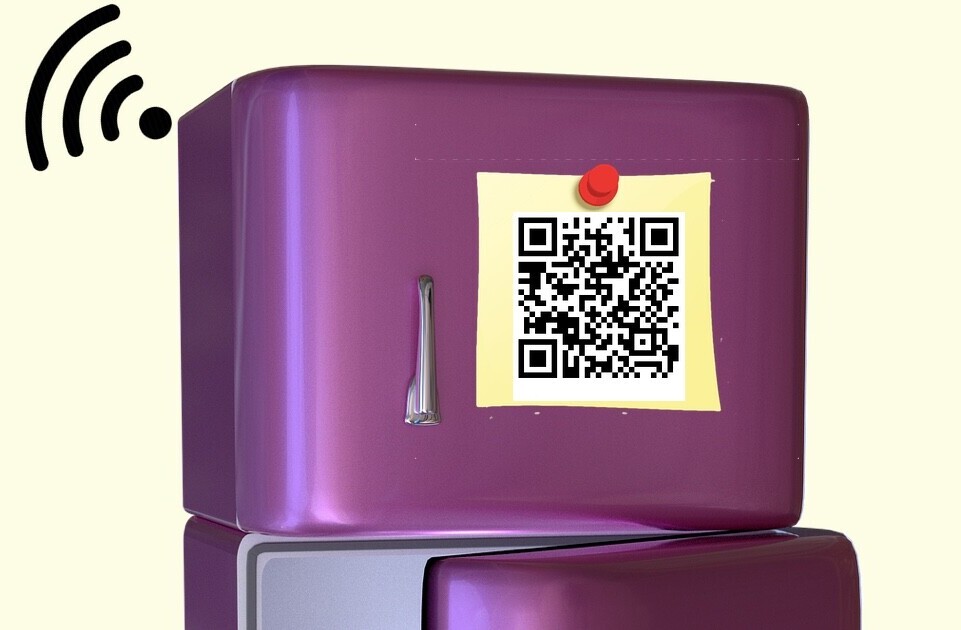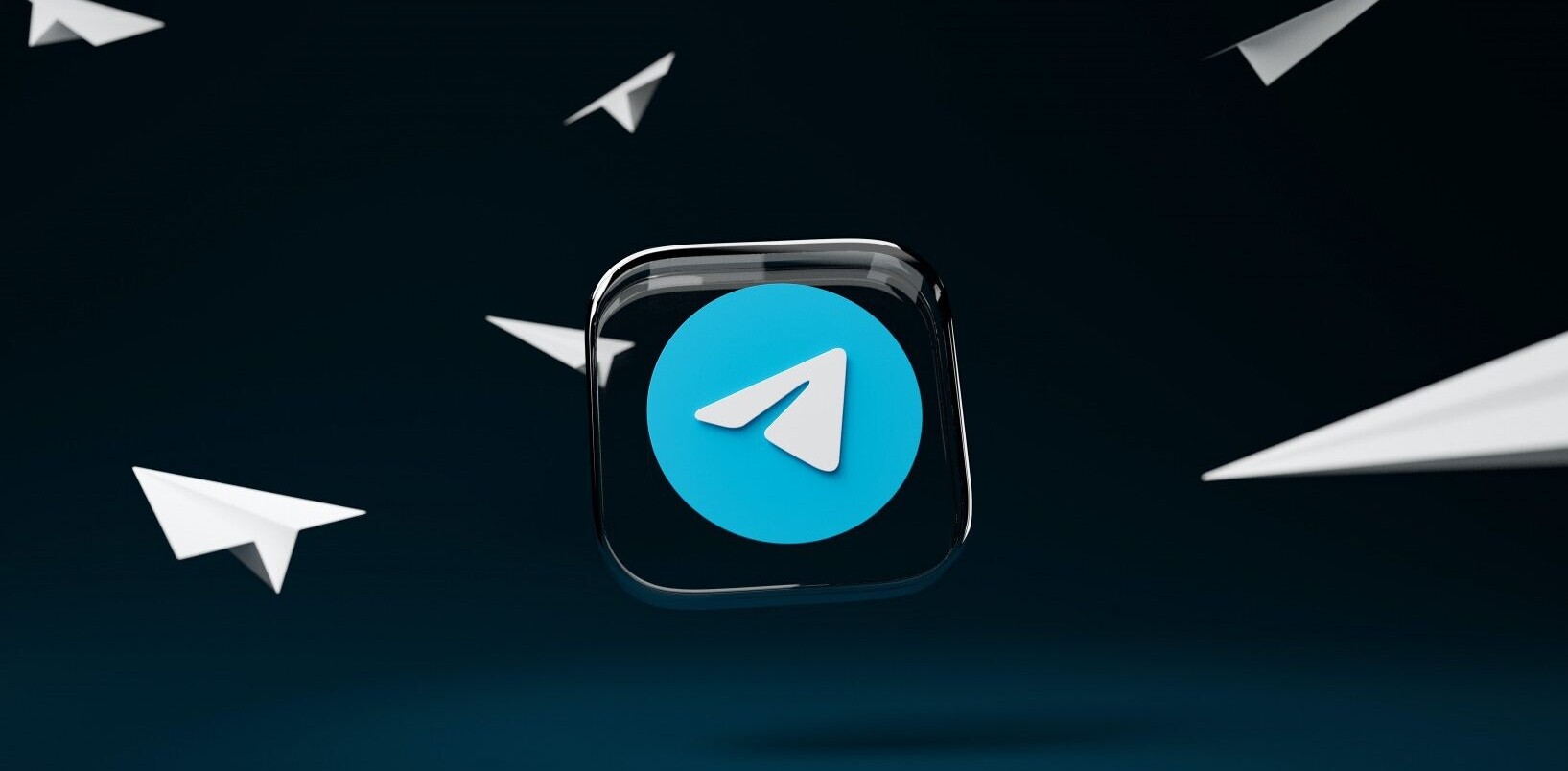
Welcome to TNW Basics, a collection of tips, guides, and advice on how to easily get the most out of your gadgets, apps, and other stuff.
Inboxes are beasts, overflowing mountains of frustration – and in my opinion, a real buzzkill when it comes to productivity, sucking up hours out of our days, weeks, and months.
So, what’s the secret to maintaining a healthy inbox and keeping your sanity? Is it even possible? I think so!
I’ve put together a few simple steps that will help you achieve email nirvana – you can thank me later.
Triage
As I write this, I have 16 emails sitting in my Inbox, which truth be told isn’t that bad, but they provide enough of a distraction to get in the way of doing my actual job, which is writing (obviously!).
So, my advice to you is: look at your inbox and check how many unread messages have been sitting there for more than 24 hours. If there are more than zero, you need to re-consider how you are thinking about email.
I’m by no means saying you should be enslaved to your Inbox but you should seek to deal with every inbound email soon after it first arrives.
For example, if an email doesn’t require action from you, archive it. If it requires a simple reply that can be done and sent relatively quickly, do it (and don’t forget to make the most of Gmail’s already formulated responses). Then, archive it.
If you need some time to come up with a reply, snooze it so that you can deal with it either later that day or week. I can’t speak for other services, but Gmail has a native snooze function specifically designed to help you do this.
Emails are a daily pest and they’re unlikely to go away. So, it’s all about how you deal with them in the most time efficient manner possible.
Be concise
Brevity is your friend, believe me.
Fight the urge to decorate your emails with superfluous detail, so as to complete your replies quicker.
Stick to a maximum of five sentences, including your greeting and sign off.
I tend to think of email in the same way I think of SMS or Whatsapp. Yes, it’s more formal, but essentially we use emails to communicate with our colleagues, sharing progress updates, and stating action points.
The more concise your emails are, the easier it should be for the recipient to understand what is expected of them.
Obviously, if you are communicating about an ongoing project that requires a lot of detail, go for it, but try and keep your daily emails succinct and concise.
Let go
There’s a hard-fast rule that applies to clearing out one’s closet: if you’ve not worn an item in six months, it simply has to go.
Email is the same. If you’re subscribed to a newsletter or service and you can’t remember the last time you opened it, then unsubscribe.
I appreciate that doing so can be time-consuming, but you’ll be grateful in the long-term. Google Inbox, for example, lets you unsubscribe quite easily from recurring messages.
Other tools which promise to help you manage the burden include InboxZero and AI email assistants such as x.ai.
Keep it real
A few years ago, for some unknown reason, I attempted to organize my emails into relevant folders. It didn’t take long for me to realize that I was wasting my time.
While I applaud one’s desire to file and organize documents in the real world, there’s absolutely no need for you to do the same when it comes to email.
As long as you are disciplined when it comes to deleting unwanted emails, you should be absolutely fine.
If you stick to this method, that means your Inbox should only house the emails you actually need. So, if you need something all you have to do is search for it. See, no need for folders!
Have a schedule – and stick to it
Consider going offline during several chunks of your day. Sounds scary, right? Well, it doesn’t have to be.
By keeping an eye on emails all the time, your productivity is probably suffering big time. Instead, set a handful of designated times throughout the day to deal with inbound inquiries and do not look at your inbox outside of those time slots.
To ensure you keep focus, make sure you turn off email notifications on all your devices (yes, that includes your smartphone!).
If you’re concerned about missing urgent emails, create custom notifications that’ll let you know about high-priority messages.
It’s fair to say that emails are here to stay, but these simple steps should help you manage your inbox with ease, freeing up your time for things that really matter. Good luck!
Get the TNW newsletter
Get the most important tech news in your inbox each week.





